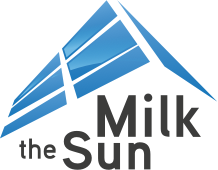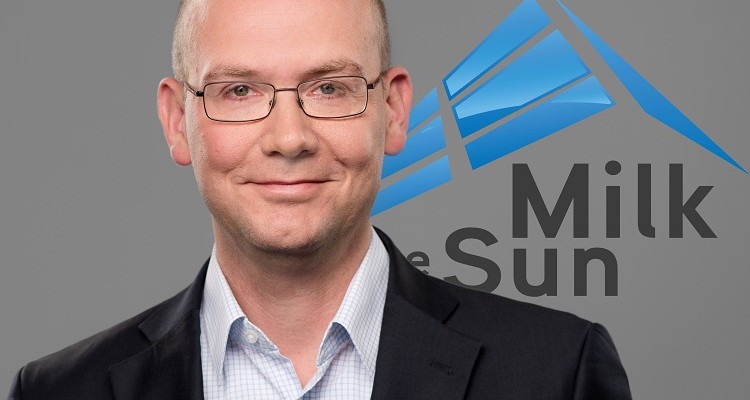Milk the Sun reports jump in demand for solar project rights
The first round of bidding for ground-mounted photovoltaic systems in Germany has begun. This also now raises the demand for solar project rights on online platforms, not just for existing photovoltaic plants, as Dirk Petschick, CFO and cofounder of Milk the Sun explains in an interview with pv-magazine:
pv-magazine: The photovoltaic market is currently moving in just one direction – downward? How is the online trading of existing photovoltaic plants doing?
Dirk Petschick: Trading of existing photovoltaic facilities should certainly be viewed differently than the market for new installations in Germany. The demand for running photovoltaic investments is unabatedly high and will be further stimulated because of the lack of other comparable investment forms. Despite everything, we have seen a noticeable, albeit temporary, uptick in the trade of solar project rights on our marketplace in the last two months. In this way, solar project rights of 500 kilowatts to 10 megawatts in Germany have been successfully brokered by Milk the Sun.
Who is particularly interested in investing in existing photovoltaic facilities?
It is difficult to precisely define who is especially interested in this kind of investment. Right now every investment that meets certain standards of documentation and expected returns attracts many interested parties and then also an investor. The spectrum begins at small, jointly-owned plants in the range of 20 – 30 kilowatts for private investors and ends at international institutional investors, who make investments in the multi-megawatt range. What is remarkable is that foreign investors are increasingly becoming interested in investments of less than one megawatt. This puts noticeable pressure on the rate of return, but, on the other hand, ensures interesting sale prices for solar system owners willing to sell.
Are there any advantages or disadvantages of online buying and selling?
Let’s start with the disadvantages. Buyers and sellers of photovoltaic systems are no longer confined to their circle of friends and acquaintances. The agony of choice is increasing. The advantages are comparable to those of all online offerings. On our online marketplace, every investor finds a transparent and large selection of vetted, legitimate and systematically prepared investment options. This reduces the search effort and thereby also the sourcing costs. By presenting his or her system on our marketplace, the seller of a photovoltaic installation gains free access to thousands of national and also international investors, receiving the best price for his or her system through competition between the investors.
At the operator´s conference in a few days [Solarpraxis PV-Betrieberkonferenz in Kirchdorf/Haag, Germany, 27th March 2015], there will be a roundtable discussion on “online tools for the secondary market”, where you and the representative of a competing project forum will answer questions from the audience. What do you expect from this format?
If Solarpraxis hadn’t dared to take the step to put on this new format, we would have had to do it ourselves because the operators of the more than 1.4 million solar installations in Germany urgently need a format that addresses their very individual interests. A whole new industry has emerged and, with it, a great opportunity for many solar companies to develop new business segments. I’m really looking forward to the exchange of ideas at the roundtable discussion and am eager to hear the feedback from the point of view of the users regarding the differing approaches of Milk the Sun and our competitor, Projectforum. The user feedback about the advantages and disadvantages of Projectforum’s closed market approach or our concept of an open and transparent marketplace can only help us further develop our respective service ranges.
Source: pv magazine
Original article by Sandra Enkhardt. Translation by Tom Schrecker.





